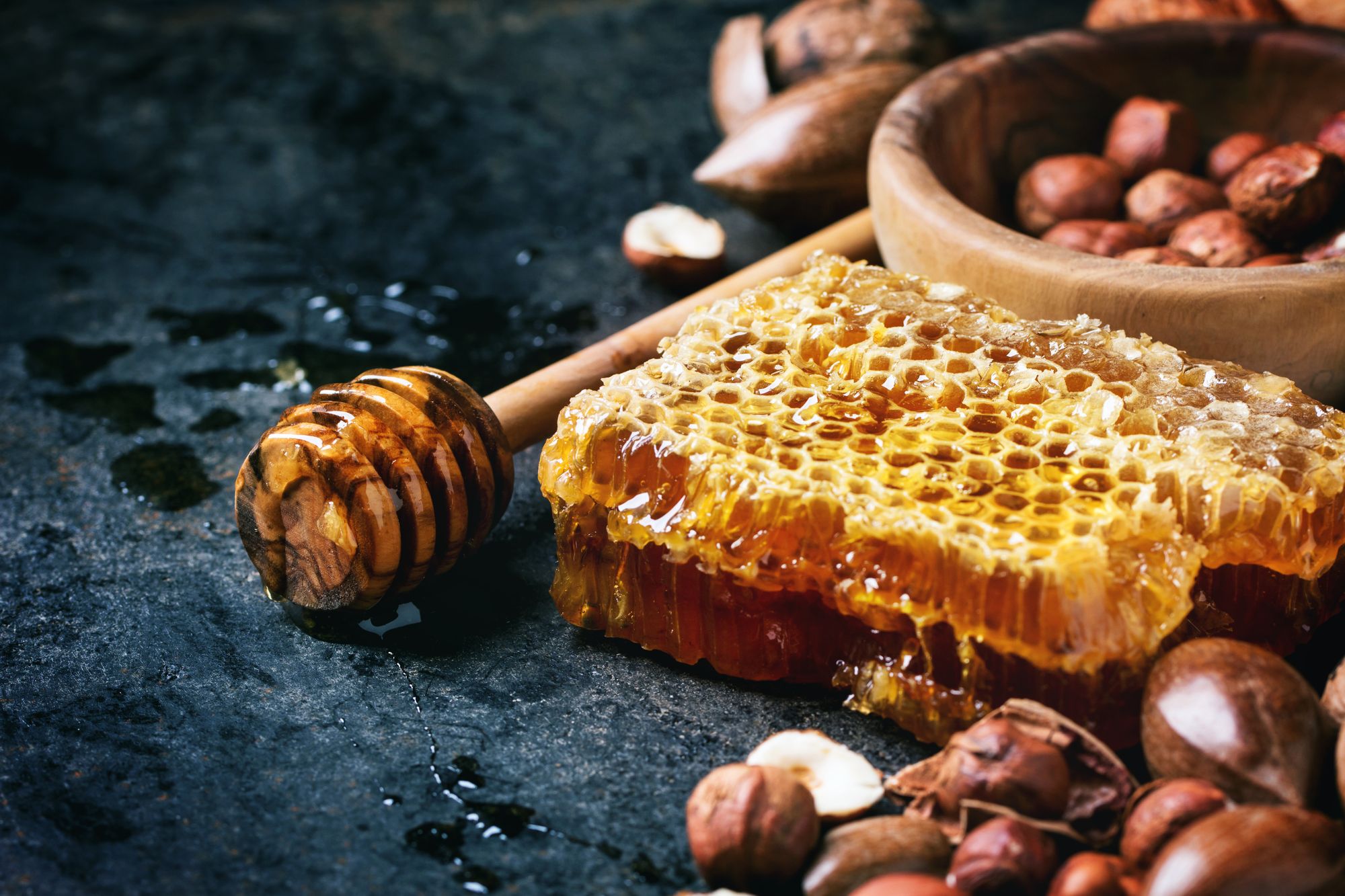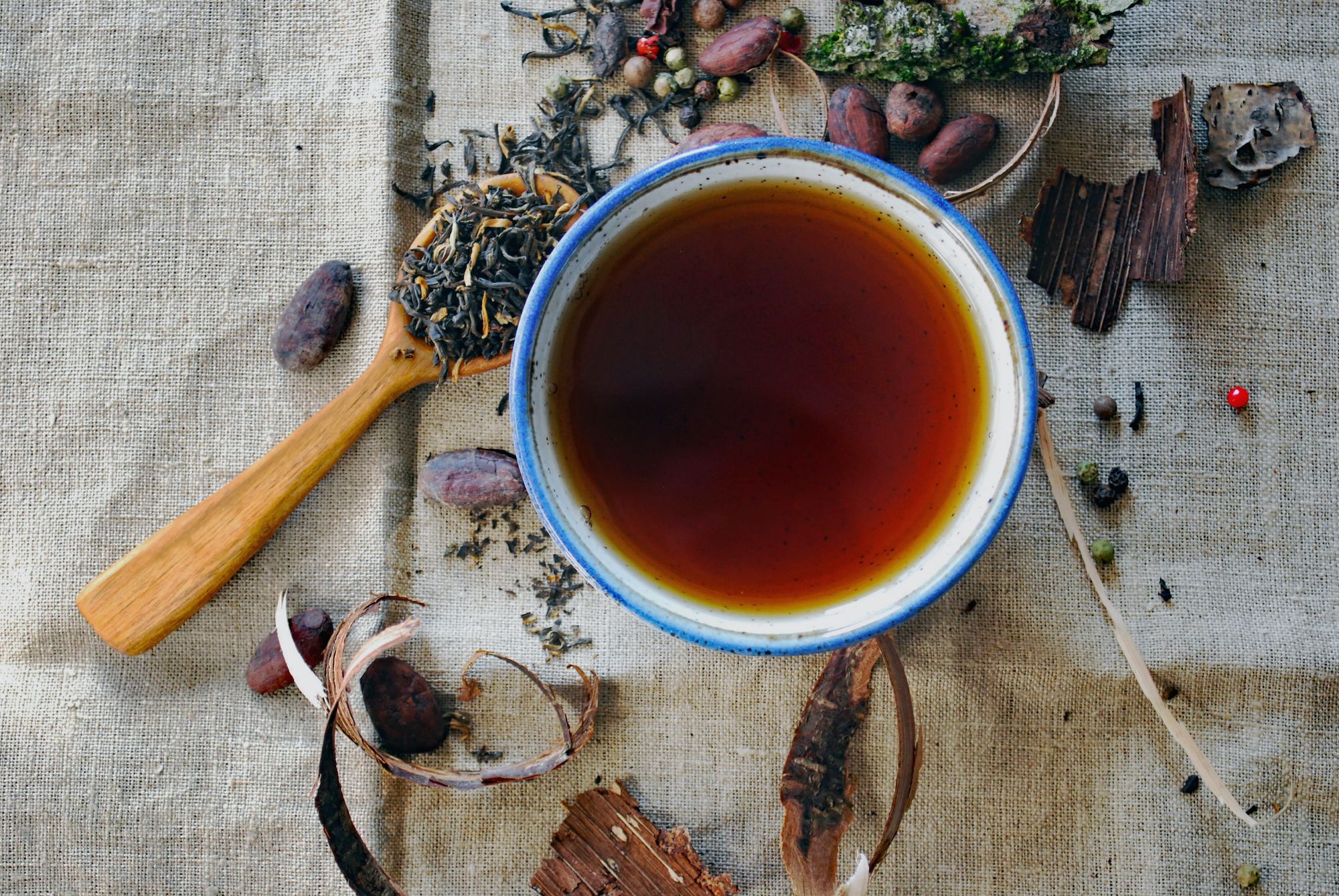
What is Hay Fever? 7 Simple Natural Hay Fever Treatments to Try at Home
It's that time of the season again and we say hello to an old friend - hay fever, also known as allergic rhinitis. Before we dive into the treatments, its worth knowing what it is and how to best deal with it. It is essentially an allergic reaction to pollen, especially when it comes in contact with your eyes, nose, throat, and mouth. It is typically more common from the month of May to July when it's warm, humid, and windy, and that is when most people experience hay fever symptoms and rush to their doctors.
Causes of Hay Fever
Hay fever is caused by allergens that provoke your immune system's response and initiates cascades of reactions that can cause inflammation, swelling, and many other hay fever symptoms. These allergens are breathed into your body from the environment and can be classified into three types.
Outdoor allergens including pollens from trees, grass and weeds
Indoor allergens like dust mites, tiny flecks of skin or saliva of cats and dogs and other animals having furs and feathers.
Irritant substances like perfume, smoke, diesel exhaust
Some foods can also trigger hay fever symptoms, and that includes those which contain histamine in abundance
Chocolates, tomatoes, and fermented foods like vinegar, yogurt, soy sauce and canned fish.
Symptoms of Hay Fever
Hay fever symptoms usually last for weeks and months, unlike common cold symptoms that resolve within days. It includes
- Sneezing or blocked nose
- Coughing
- Red, itchy eyes
- Itchy throat, mouth and nose
- Loss of smell and taste
- Headache
- Feeling of tiredness
- Pain around temples or forehead
One thing I tell my patients is that, if you are asthmatic, pollens can exacerbate the asthmatic attack and some can develop symptoms like chest tightness, wheezing, and shortness of breath. If you develop any of these symptoms, don't wait around and immediately visit your doctor for a review.
Diagnosis of Hay Fever
Hay fever occurs when an unharmful substance triggers your immune response in a way that can cause the release of antibodies to help fight the foreign body and, in doing so, causes the release of histamine that add-on to the problem. However, if you want to know which substances are your triggering factor, then you must visit a doctor who may take a personal and family medical history and offer you a pin-prick test. The skin-prick test is the one in which skin is pricked with the known allergen, and IgE antibodies' blood test levels are checked, which will be higher if you have an allergy. It takes only about 20 minutes. However, another skin prick test is available in which a known allergen is injected beneath the skin and check for reactions 20 minutes later.
How to Treat Hay Fever?
Here are some simple do and don't that you can follow during the high-pollen season to help relieve your hay fever symptoms.
Some of the Do's include:
- You need to put vaseline around nostrils that can help trap the pollens
- You can also wear sunglasses to stop pollen from getting into your eyes
- Always take a shower and change shower after when you have been outside
- Stay indoors as much as possible during the high pollen season
- Keep your windows and doors shut
- Use vacuum regularly, preferably a cleaner with a HEPA filter and damp cloth for dusting so that pollens may settle down.
Some Dont's that you need to follow includes:
- Do not cut grass or walk on grass
- Do not spend much time outside
- Avoid keeping fresh flowers in the house
- Dry clothes indoors to avoid them catching up with pollens
- Keep your pets outside your home to prevent pet danders that can exacerbate the symptoms
- Stop smoking or avoid being around those who smoke
Natural Remedies for Hay Fever to Try
Honey

It is one of the sweetest therapies that you can offer, especially to your kids. Always go for locally processed honey if you want to see better results.
When to take: one teaspoon of honey before hay fever season starts.
Vitamin C
Vitamin C is a natural antihistamine substance that can be found in oranges, lemons, and grapefruit. In addition, with bioflavonoids, vitamin C can act as a natural decongestant that can help alleviate hay fever symptoms.
What to take: You can go for fruits like oranges and lemons or a vitamin C supplement of 1000mg a day.
Red and Chilli Peppers
Hot peppers liked red, and chilli peppers contain a chemical called capsaicin that can help in opening up the nasal passages and therefore makes it an effective natural remedy to treat symptoms of hay fever
How to take: You can add these spices to your daily meals or on salads.
Carotenoids
A Recent study concluded that antioxidant substances like vitamin C, tocopherols and carotenoids protect against allergic rhinitis and allergic sensitization. A good amount of carotenoids can be found in carrots, apricots, pumpkin, sweet potato and spinach.
When to take: You can have one daily serving of carotenoid-rich food.
A good choice of herbal tea to help alleviate symptoms of hay fever because of its antihistamine and anti-inflammatory properties. German chamomile is the best variety for fighting hay fever as it contains a high amount of azulene, a natural antihistamine. The research concluded that the benefits of chamomile tea have been attributed to its flavonoids that serve many medicinal purposes. Its tea bags can also be used for eye compresses to relieve swollen, red itchy eyes.

How to take: Daily one cup of chamomile tea for drinking and use a fresh teabag for eye compress.
Garlic
Garlic is a natural antihistamine substance because of its natural chemical quercetin, which can help with nasal decongestion and helping with minor symptoms of hay fever. It also helps boosts immune function.
How to use: You can add garlic to your daily meals and get its maximum benefits without a bad odour - well it depends how much you add.
Onions
Onions, just like garlic, have anti-inflammatory and antioxidant properties that have proven benefits in hay fever sufferers.
How to use: Like garlic, you can also add onions to your meals to enjoy benefits from natural remedies.
Medical Treatment of Hay Fever
When all the other remedies have not worked out, your doctor may advise you to start taking medications to treat hay fever symptoms. These includes:
Anti-histamine or Anti-allergic Drugs:
These are primarily available in oral forms and include loratadine, cetirizine, and fexofenadine. These can help to relieve hay fever symptoms. The latter I have had a good experience with when other antihistamines haven't worked.
Eye Drops:
You can always go with problem-specific treatment plans. For example, if you have more eye-related symptoms like itching and redness, you can go for topical medications, like sodium cromoglycate, to get rid of the symptoms.
Nasal Congestions and Blocked Nose:
If this is your main problem, you may need to spray steroids. However, they are not recommended for prolonged periods as they can have adverse effects on the natural nasal mucosal lining and worsen the symptoms.
Oral Steroids:
It is the last resort when all the other therapies have failed to control hay fever symptoms. You always need to consult your doctor and do not take these for a very long time as they can weaken your immune system, make you prone to various infections and inflammations, and affect your muscles and bone health.
Conclusion
So now you know everything about hay fever and what you can do about it. While there are plenty of home remedies that have proven to be beneficial. It's always better to discuss it with your doctor and see what works best for you. I have also made a video to summarise some of the science-backed ways to help your hay fever symptoms which can be found at the top of the page. Enjoy and thank you for reading!
Doctor Khalid Newsletter
Join the newsletter to receive the latest updates in your inbox.




